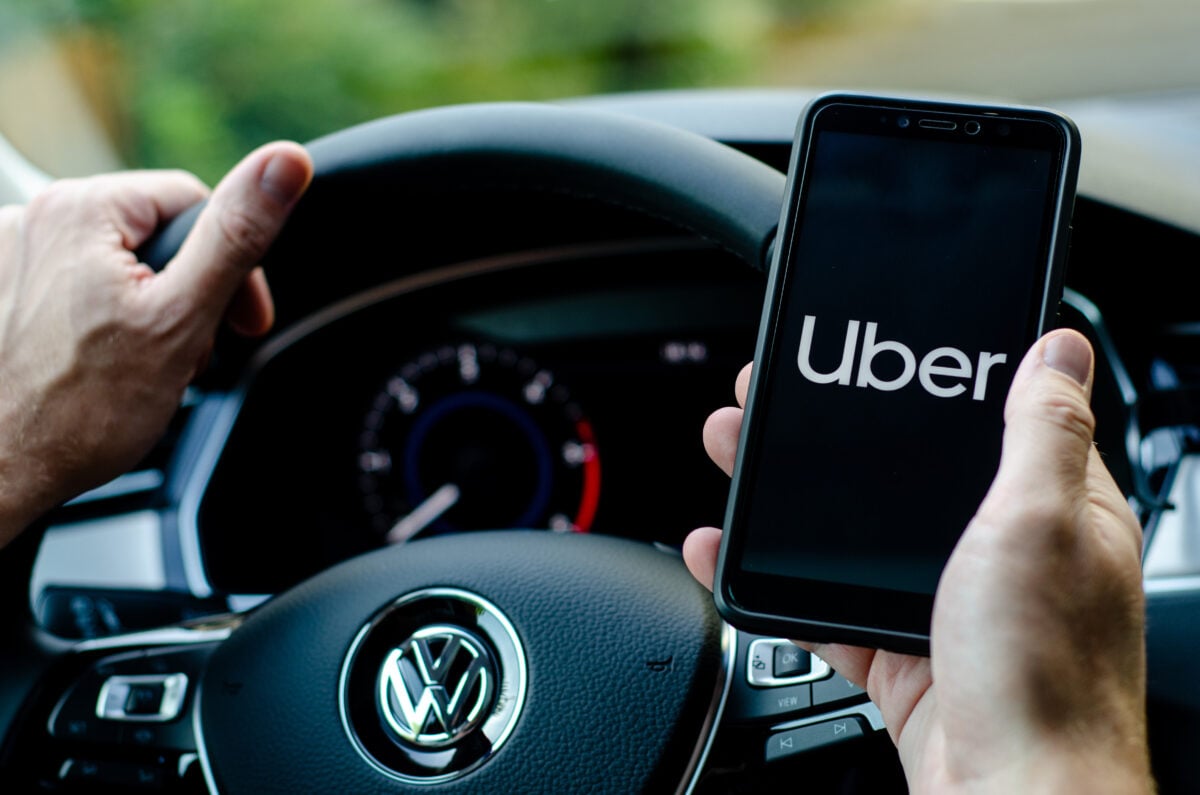TLDRs;
- DOJ sues Uber again, alleging drivers discriminate against riders with service animals and wheelchairs in violation of the ADA.
- Uber defends its policies, citing a zero-tolerance stance and new service animal notification features introduced in 2025.
- This lawsuit adds to a decade-long string of cases alleging systemic accessibility failures across multiple U.S. cities.
- Disability advocates say Uber must strengthen enforcement and education to close the gap between policy and driver behavior.
The U.S. Department of Justice (DOJ) has once again taken Uber to court, alleging that the ride-hailing giant and its drivers continue to discriminate against passengers with disabilities.
The lawsuit, filed this week, accuses Uber of repeated violations of the Americans with Disabilities Act (ADA), pointing to ongoing issues around service animals and wheelchair accessibility.
According to the DOJ, numerous passengers have reported being denied rides due to their service animals or stowable wheelchairs. Some riders allege they were subjected to insults, invasive questions, or sudden cancellations once drivers realized they had a disability. The government is now seeking a jury trial, financial penalties, and corrective measures to address what it describes as systemic failures in Uber’s accessibility practices.
A decade-long history of lawsuits
This is not the first time Uber has faced federal scrutiny over disability access. The DOJ previously sued the company in 2021 for charging discriminatory “wait time” fees to passengers with disabilities who required extra boarding time. That case ended in a $2.2 million settlement in 2022.
Beyond federal action, Uber has also confronted lawsuits across multiple states and cities. A 2016 case in Chicago revealed that between 2011 and 2015, only 14 rides were provided to passengers with motorized wheelchairs despite millions of trips being completed overall.
In New York, a 2017 lawsuit alleged that just 200 of Uber’s nearly 60,000 vehicles were wheelchair accessible. Similar suits have surfaced in California and Washington, D.C., painting a picture of persistent accessibility gaps.
For disability advocates, the new DOJ lawsuit underscores a pattern: despite settlements and promises of reform, Uber’s policies have not consistently translated into real-world accessibility for riders.
Uber defends policies, cites new features
Uber has rejected the latest allegations, emphasizing that it maintains a “zero-tolerance policy” for confirmed violations. The company said it requires drivers to comply with its service animal policy and has rolled out educational initiatives to better support riders with disabilities.
In early 2025, Uber introduced a feature allowing passengers to notify drivers in advance if they are traveling with a service animal. However, advocacy groups argue that discrimination has continued despite the update. Riders, including blind individuals traveling with guide dogs, have shared accounts of repeated cancellations and refusals, highlighting what appears to be a gap between Uber’s policies and on-the-ground driver behavior.
Uber has acknowledged these challenges but insists it is working toward stronger enforcement and broader accessibility improvements.
A broader fight for equal access
The lawsuit raises broader questions about the effectiveness of technology-driven fixes without proper enforcement mechanisms. Disability advocates argue that without stricter accountability, discriminatory practices at the driver level will continue, undermining trust in ride-hailing services.
As the case unfolds, it may set another benchmark for how companies like Uber are held responsible for ensuring equitable access to essential transportation. With the DOJ seeking a jury trial, the outcome could shape how ride-hailing firms nationwide address accessibility gaps moving forward.







